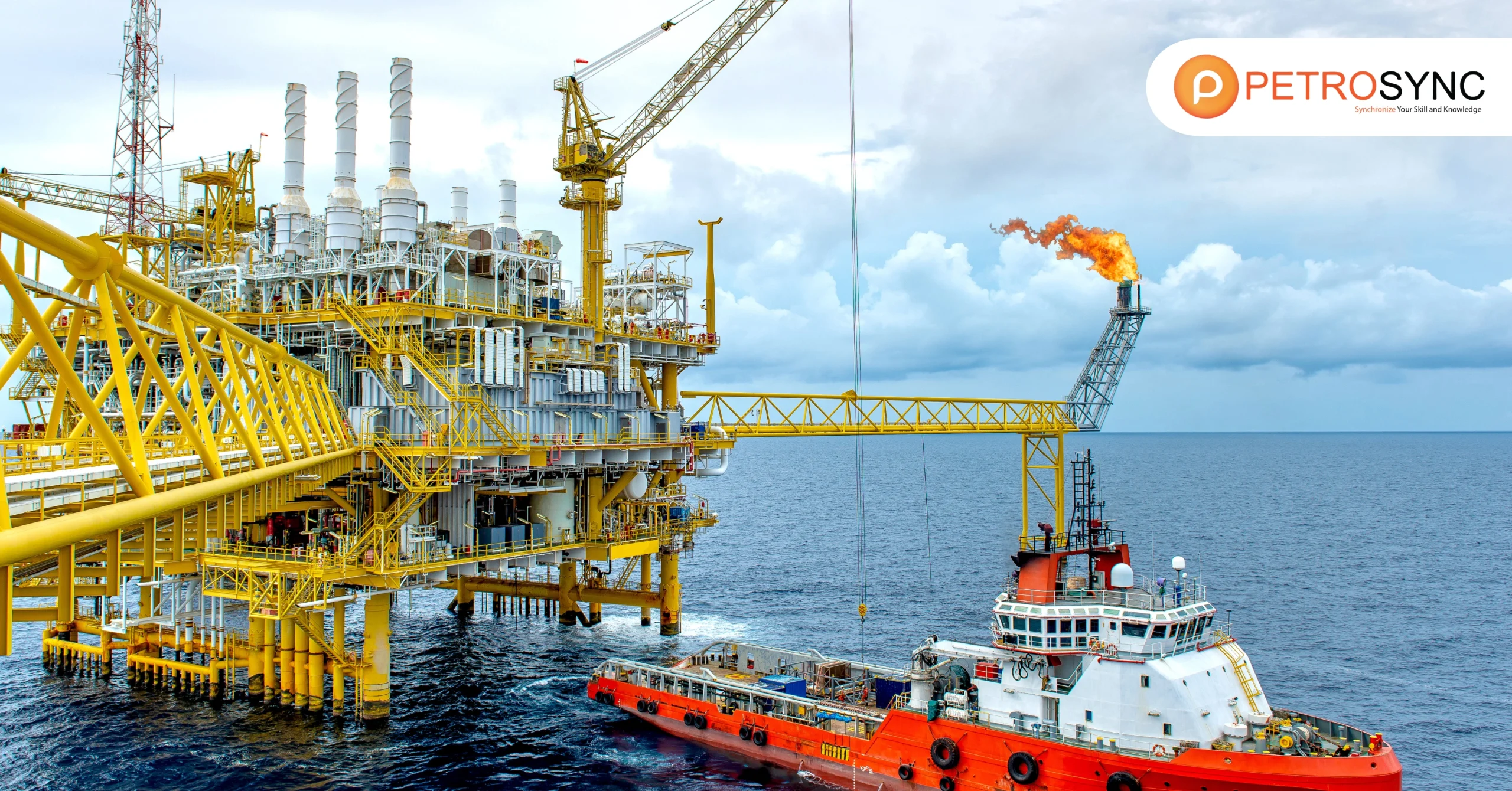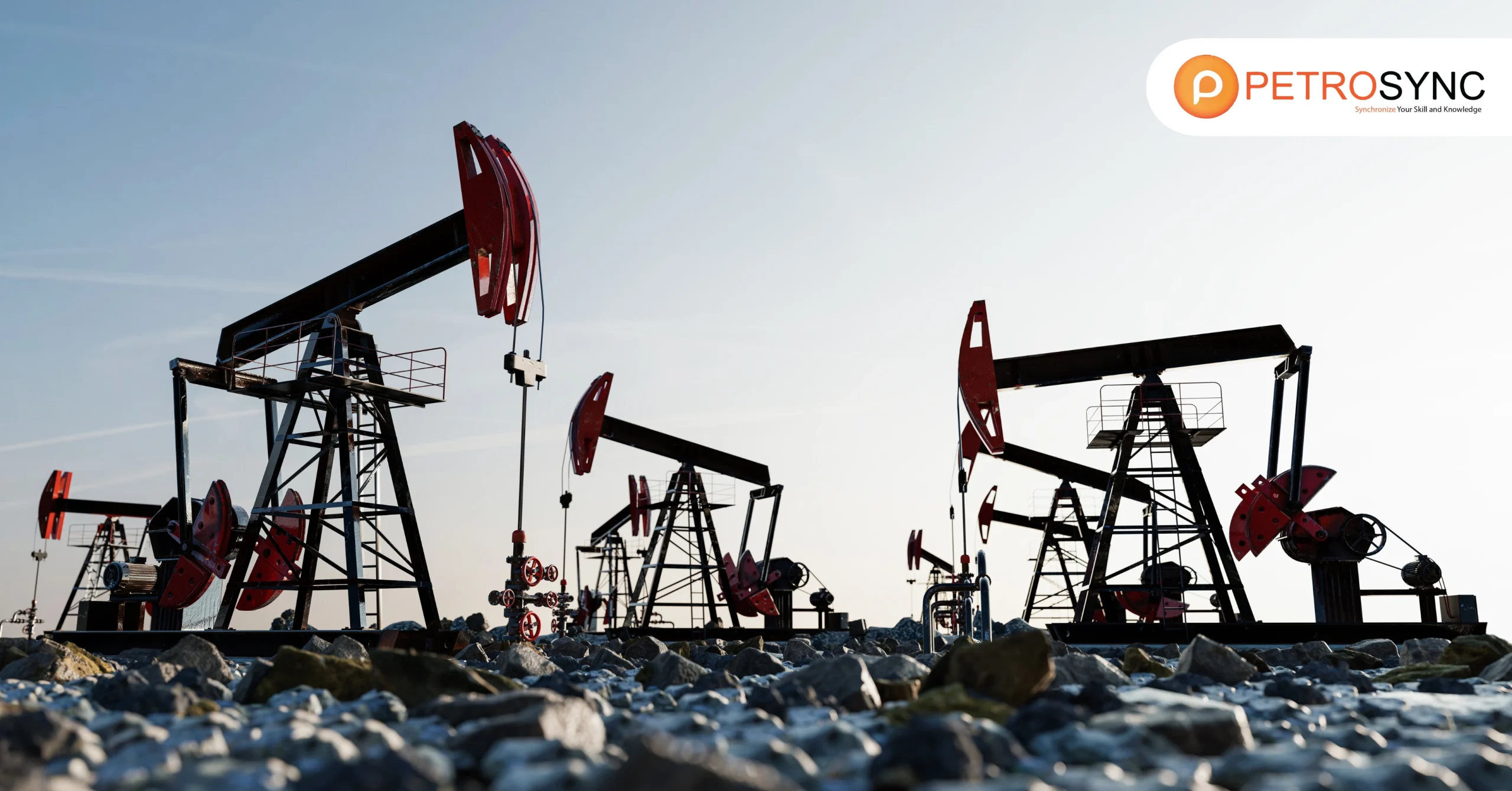The oil and gas industry stands as one of the cornerstones of modern civilization. From powering transportation to fueling global economies, this sector plays an indispensable role. While it often operates behind the scenes, its impact on our daily lives and the broader business landscape is profound and far-reaching.
To understand the true magnitude of this industry, it’s essential to explore its definitions, distinctions, and overarching importance.
What is Oil and Gas?

Oil and gas is refers to naturally occurring hydrocarbon compounds found deep beneath the Earth’s surface. Crude oil is a liquid fossil fuel, while natural gas is typically in gaseous form. These resources are extracted through drilling and are then refined and processed into usable products such as gasoline, diesel, jet fuel, and electricity.
These fossil fuels are the foundation for energy production, industrial development, and even the manufacturing of everyday products like plastics and fertilizers.
in almost every aspect of modern life, in addition to providing energy.
Are Oil and Gas the Same Thing?
While often mentioned together, are fundamentally different in their chemical composition, extraction methods, and applications. Crude oil is a thick, flammable liquid composed primarily of hydrocarbons. Natural gas, mainly methane, is lighter and cleaner-burning.
Each serves distinct purposes. Oil dominates in the transportation and petrochemical sectors, while gas is favored for electricity generation, heating, and increasingly, industrial applications due to its lower emissions.
What is the Oil and Gas Industry?
Encompasses the global processes of exploration, extraction, refining, transportation, and marketing of petroleum products. It is typically divided into three sectors:
- Upstream: Exploration and production
- Midstream: Transportation and storage
- Downstream: Refining and distribution
This complex and capital-intensive industry employs millions worldwide and is a major contributor to GDP in many countries. It also heavily influences geopolitical dynamics due to the strategic importance of energy resources.
What Type of Industry is Oil and Gas?
The natural gas industry is a significant part of the energy sector, specifically focusing on fossil fuels. Fossil fuels such as and natural make for a significant portion of global energy use, providing the raw ingredients for everything from transportation to electricity generation.
Aside from energy production, the fossil fuel sector makes substantial contributions to the petrochemical industry by supplying raw materials for products such as plastics, fertilizers, and synthetic fibers. Natural gas being one of the most capital-intensive industries, attracts massive investment in infrastructure and technological development.
Why is the Oil and Gas Industry Important?
The fossil fuel is vital to the global economy because it provides energy for manufacturing, transportation, and electrical generation. Beyond energy, natural gas are used in a wide range of industrial applications. Petroleum and natural gas are used as basic materials in practically every sector today, including polymers, fertilizers, and pharmaceuticals.
The fossil fuel business also has a huge impact on global job creation, directly employing millions in oil fields, refineries, transportation, and other industries. Furthermore, numerous countries depend heavily on natural gas export profits.
How Does the Oil and Gas Industry Work?
The fossil fuel operates in a highly integrated manner, divided into three primary sectors: upstream, midstream, and downstream.
In this stage, exploration and production activities take place. Companies invest in exploration to find new natural reserves, which are ultimately extracted via well drilling. Advanced technologies, like hydraulic fracturing (fracking) and horizontal drilling, are used to increase extraction productivity.
After extraction, natural gas are transported to storage facilities and refineries via pipelines, ships, and rail. Midstream firms ensure that these resources are safely kept and delivered to their final destinations, ready for conversion into usable products.
-
Downstream Oil and Gas:
At this stage, crude oil and natural gas are refined into usable products like gasoline, diesel, jet fuel, and petrochemicals. These items are then distributed to other sectors and customers around the world.
How Do You Explain the Oil and Gas Industry?
The fossil fuel can be defined as the global system in charge of discovering, extracting, processing, and supplying petroleum and natural gas to world markets. This enormous industry encompasses a wide range of activities, from fossil fuel field exploration and drilling to the refining of fuel into consumer products.
The industry is required not only for energy production, but also for the manufacture of everyday goods. Innovations within the industry, such as the development of cleaner extraction methods and the adoption of renewable energy practices, are helping to address environmental concerns while ensuring that the world’s energy needs continue to be met.
Unlock Your Potential: Join PetroSync Training Now
Understanding the natural gas business in detail necessitates specialised expertise. That’s why PetroSync provides industry-leading oil and gas courses that provide professionals with the knowledge they need to succeed. PetroSync’s Oil and Gas Workshop provide extensive, hands-on training for those interested in fossil fuel engineering.
Upstream fossil fuel exploration or learning the subtleties of the separator. PetroSync offers free oil and gas training tools to get you started in the business. Our training programs are great for anyone who wants to improve their abilities or obtain a better understanding of the ever-changing energy industry.

Results-oriented and thorough SEO specialist with extensive experience in conducting keyword research, developing and implementing digital website promotion strategies and plans, managing campaigns to develop company websites in the digital world, excellent knowledge of marketing techniques and principles, and attentive strong attention to detail.







